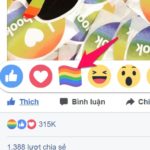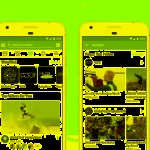Trends and new waves are constantly being updated at breakneck speed on digital platforms like Facebook, TikTok, and Instagram. Recently, lines such as “humanity is innate, but so is the tendency to provoke” or “one cannot be a true human without provoking” have gone viral.
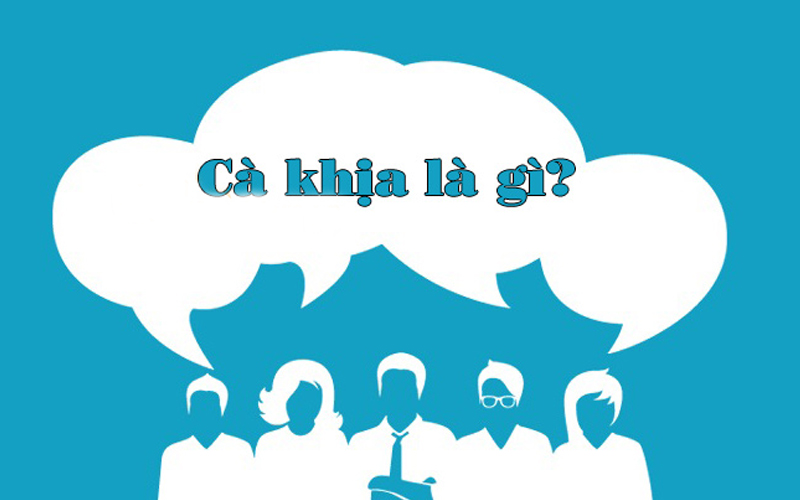 What does “provoking” mean on Facebook?
What does “provoking” mean on Facebook?
So, what does the keyword “provoking” in these phrases mean? What does it signify on Facebook? Let’s explore this together.
1 What does “provoking” mean?
“Provoking” is a colloquial term borrowed from the Khmer language. It refers to physical altercations, arguments, or meddling in others’ business. “Provoking” carries a negative connotation as it entails instigating behavior or misunderstandings that could have been avoided.
Additionally, in the novel “The Adventures of Cricket” by the renowned author To Hoai, he elucidates the meaning of “provoking” as deliberately picking a fight or argument over trivial matters.
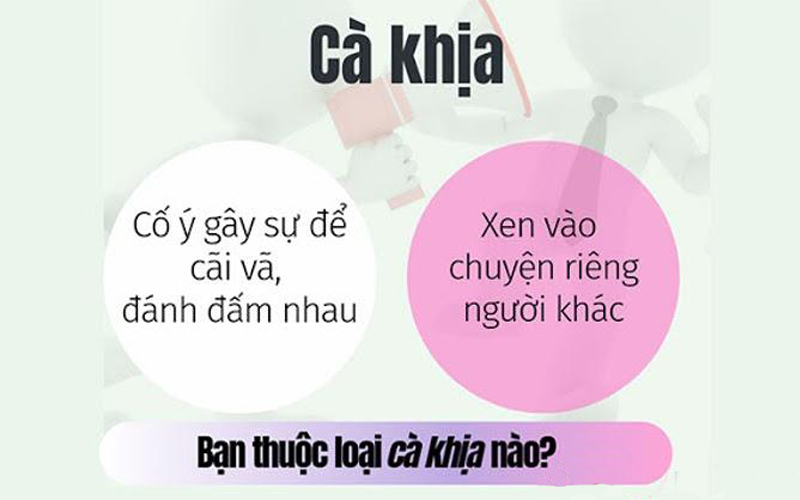 “Provoking” traditionally carries a negative connotation.
“Provoking” traditionally carries a negative connotation.
In terms of purpose, provoking can be a harmless tease or serve a specific intention. For instance, provoking to instigate commercial conflicts between businesses.
In another context, provoking is used to create negative psychology in sports, aiming to distract or unnerve athletes and influence their performance.
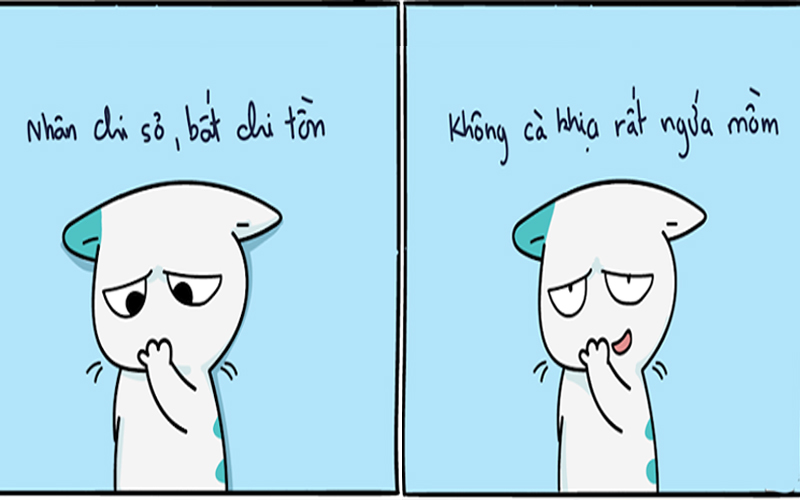 Some people provoke just for the fun of it.
Some people provoke just for the fun of it.
Furthermore, “provoking” is prevalent in the entertainment industry. Instead of directly pointing out flaws, individuals opt for subtle criticism through sarcastic “provoking” remarks.
Lastly, many people engage in provoking just to add a bit of humor and laughter to their daily lives.
2 What does “provoking” on Facebook mean?
In 2019, the keyword “provoking” became one of the most searched terms by Vietnamese internet users. On Facebook, hundreds of thousands of status updates, comments, memes, and GIFs are shared daily to bring joy and entertainment to others.
 Provoking others can be fun, but it’s important to be mindful of their feelings.
Provoking others can be fun, but it’s important to be mindful of their feelings.
Provoking on Facebook is seen as an act of verbal misdeed, mocking, or sarcastic humor that leaves the recipient feeling annoyed yet gives the instigator a sense of satisfaction and amusement, ultimately spreading joy to others.
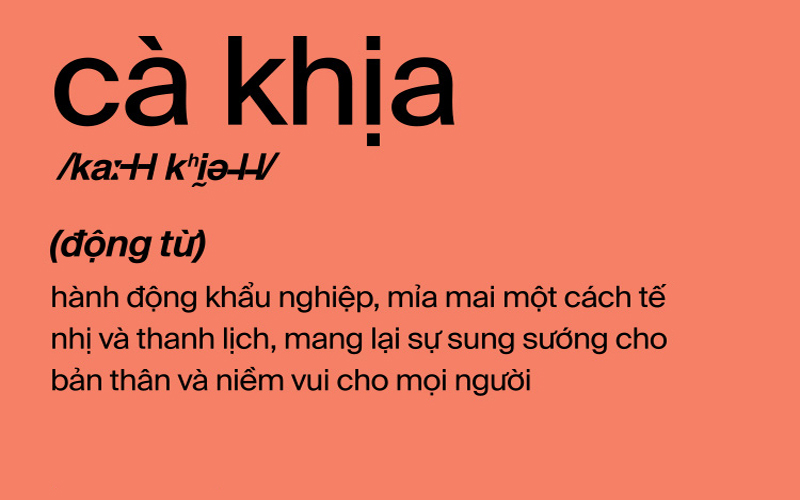 One of the meanings of provoking on Facebook.
One of the meanings of provoking on Facebook.
Using “provoking” on social media is similar to the term “verbal misdeed,” but with a lighter connotation. While verbal misdeed encompasses a broader scope and can sometimes be untrue and malicious, provoking is a form of verbal misdeed directed at a specific individual or entity, intended to be sarcastic or playful.
3 What is the origin of “provoking,” and when did it become popular?
Although “provoking” has been in use for a long time, it only gained traction and became a trend after the publication of the book “Never Pick a Fight Alone.”
 Provoking became a trend after being featured in a book.
Provoking became a trend after being featured in a book.
This book, authored by Hang Bean and Ngoc Thiep and published by Welax Publishing House, gained popularity due to its prominent marketing and focus on digital promotion. As a result, “provoking” became a buzzword among young people and was used extensively.
 The book popularized many memorable quotes.
The book popularized many memorable quotes.
The book also sparked a frenzy of memorable quotes among netizens, such as “Among all the types of ‘ca’ (a Vietnamese wordplay on the word ‘ca’, meaning ‘provoke’), I like ‘ca khia’ the most,” “I’m better at provoking than dating,” and “Youth is the best time to provoke.”
4 How to use the term “provoking”
Some people have a talent for subtly and elegantly provoking others, leaving everyone in good spirits. However, there are times when provoking can be inappropriate and trigger backlash from the online community.
Therefore, it’s essential to use “provoking” judiciously, in the right context, and in moderation to make it witty and entertaining. Like any trend, overuse can lead to annoyance, so it’s crucial to find a balance.
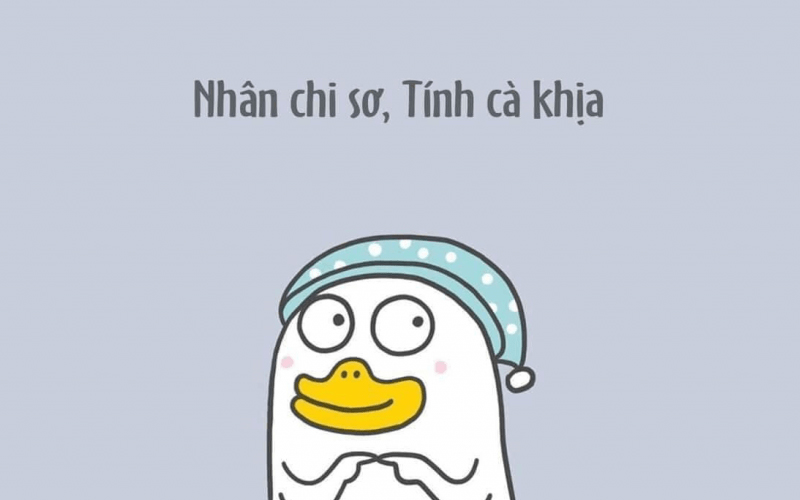 Provoking in the right context and with moderation makes you more interesting.
Provoking in the right context and with moderation makes you more interesting.
In conclusion, “provoking” is widely used as a way to embrace the imperfections of human nature. It acknowledges that everyone has flaws, enjoys meddling in others’ affairs, or poking fun at them without malicious intent.
At the same time, in today’s fast-paced and stressful world, provoking revives traditional language and helps relieve tension and pressure.
We hope this article helped you understand this trending keyword and how you can incorporate it into your life in a fun and positive way!
























